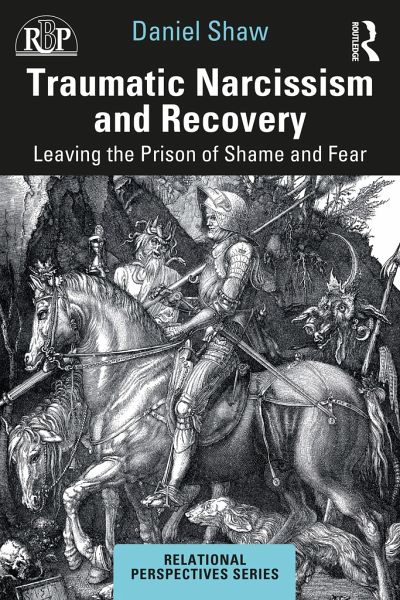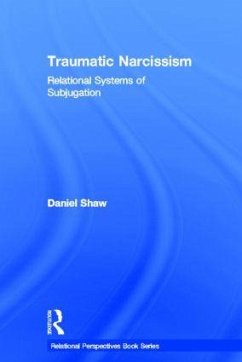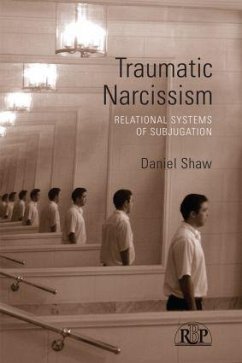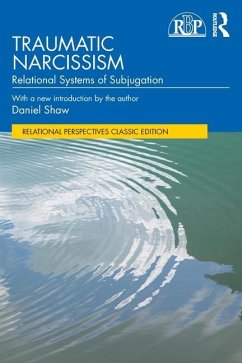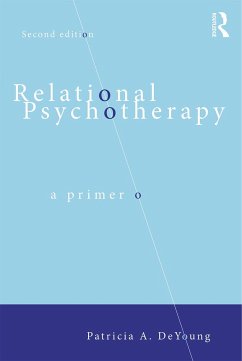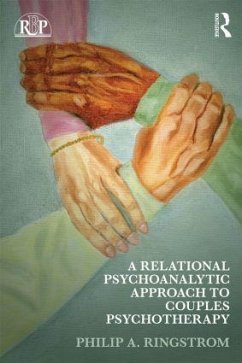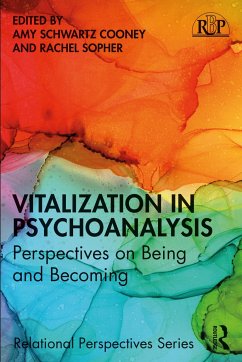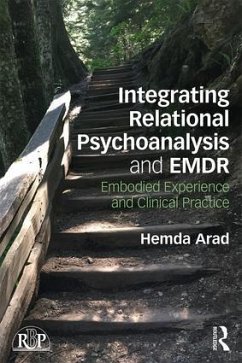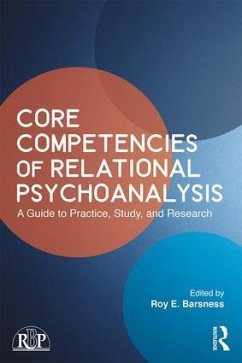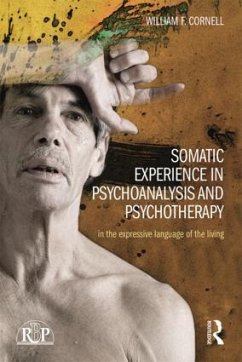"Daniel Shaw was taken by surprise when his first book, Traumatic Narcissism, struck a nerve not only with fellow psychotherapists, but also with the lay public. Shaw had put his finger on a source of relational trauma as profoundly destructive as it is common and poorly understood. Pathologically narcissistic people, when they are needed attachment figures, such as parents or leaders, cause untold suffering, often without perpetrating any sort of physical abuse. In this book, Shaw continues this important exploration-and this time the breadth of interest the book will arouse will come as no surprise." - Donnel B. Stern, Ph.D., William Alanson White Institute and NYU Postdoctoral Program in Psychotherapy and
Psychoanalysis.
"Of all of the psychoanalytic commentators on narcissism in the past two decades, surely the most important is Daniel Shaw. It is not just that Shaw writes passionately and insightfully about narcissism, especially in its malignant and traumatic aspects, because of his own personal experiences as the survivor of a religious cult. It is also that he understands that narcissism is, paradoxically, a deeply relational concept, not possible without the participation of others. In this articulate, compassionate, and honest contribution, Shaw ranges from the micro to the macro, from the clinical situation to society in its current crisis, from the personal to the political, as he delineates the complexity of narcissistic dynamics and phenomena, both in individual lives and in society as a whole." -
John Auerbach, PhD, Department of Psychiatry, University of Florida
"Daniel Shaw established himself as a leading psychoanalytic thinker with Traumatic Narcissism. The wise and compassionate essays in this book deepen his meditations on the concept of relational trauma from clinical, theoretical, personal, political, and spiritual perspectives. He gives us the loving companionship we need to sustain us on our therapeutic quests and to be able to answer Hamlet's question, 'To be or not to be?' in the affirmative." -
Peter L. Rudnytsky, PhD, University of Florida & Chicago Psychoanalytic Institute; author of
Formulated Experiences: Hidden Realities and Emergent Meanings from Shakespeare to Fromm.
"This book is a brilliant continuation of Shaw's work on traumatic narcissism. Clinically sophisticated and with a fresh theoretical stance, it bravely examines the wounds of early relational trauma and their profound impact on one's life. Adding to his scope new ideas on cults, authoritarianism, spirituality and faith, Shaw delicately portrays the complexity of love and hate, longing and aggression, giving and receiving, life and death-- as each presents itself in and outside of the therapeutic relationship. This volume offers a soulful understanding of painful journeys toward healing." -
Galit Atlas, PhD, NYU Postdoctoral Program for Psychotherapy and Psychoanalysis.
Author of The Enigma of Desire.
"Writing in an experience-near and trauma-informed language, Daniel Shaw has crafted a penetrating and compassionate look inside the mind of the traumatizing narcissist and the surrounding relational field. The reader is taken on a passionately written journey with perspectives that span intrapsychic, interpersonal, and social psychological, including an exploration of the toxic narcissism that has taken up residence at the highest levels of government. Immediately accessible, and broad in its reach, Shaw woos the reader with uncommon sense in a no-holds-barred effort to free us from the eventual strangulation of free will and dignity by the narcissist's unerring, amoral tentacles. Brilliant in its conception, and incisive in the exploration of case material with a quintessential two-person psychology, Shaw provides a humanistic feast of ideas. Join him at the table, and savor the meal." -
Richard A. Chefetz, M.D., author of
Intensive Psychotherapy for Persistent Dissociative Processes: The Fear of Feeling Real "In his 2014 Traumatic Narcissism, Daniel Shaw described the cult leader who dominates by "coercive persuasion" and the effects on those who follow. Here he tangles with the relational demons, especially shame, internalized by all of us who have fallen under the leader's spell, convincing us that we are trash, only fit to serve them. He gives new meaning to speaking the unspeakable in a humanistic psychoanalysis, offering hope and dignity through debunking the narcissistic dominator, taking relational psychoanalysis to its depths and horrors. This work is priceless." -
Donna Orange, author of
Psychoanalysis, History and Radical Ethics: Learning to Hear"In Dan Shaw's first book,
Traumatic Narcissism: Relational Systems of Subjugation, he gave to the mental health field the inimitable term "traumatic narcissism," new, usable, helpful, easily graspable, action oriented, and accurately descriptive--much more specific than "perpetrator" and "victim." The term created a new vista for understanding such a pervasive, ineluctable, but often hard to describe problem.
Following his highly acclaimed first book, this new contribution does not disappoint. Here Shaw returns to the themes of relational systems of traumatizing narcissists in cults, parenting, social movements, religion, politics, and psychopathic leaders. He writes more about what he has found healing in psychotherapy, addressing complex questions such as dissociated aggression in traumatized clients, the ever-eroding impact of shame, the internalization of relational systems of subjugation within the traumatized person, the importance of self-reflection, the complicated issue of spirituality, and finally, self-alienation and the will to live.
As a writer, Shaw manifests the values he advocates to his clients: he is, himself, self-reflective, highly personal, and communicatively self-revealing, as he discusses how he has worked with challenging cases. He writes from the heart, yet from a broad source of theoretical knowledge. Not surprisingly, he possesses the knack for a pithy phrase.
This highly accessible and highly engaging book is appropriate for both clinicians and non-professional readers who are interested in how relational dynamics of subjugation are corrosively enacted in families, on the world stage, and within the psyche of the traumatized individual. I recommend it highly." -
Elizabeth Howell, Ph.D. Author:
The Dissociative Mind; Understanding and Treating Dissociative Identity Disorder: A Relational Approach;
"Dan Shaw's understanding of relational trauma permeates the collection of his writings contained in this excellent book. How he communicates the inner experience of his patients can transform any therapist's ability to attune to traumatized individuals." -
Janina Fisher, assistant educational director, Sensorimotor Psychotherapy Institute, author of
Healing the Fragmented Selves of Trauma Survivors and Transforming the Living Legacy of Trauma.
